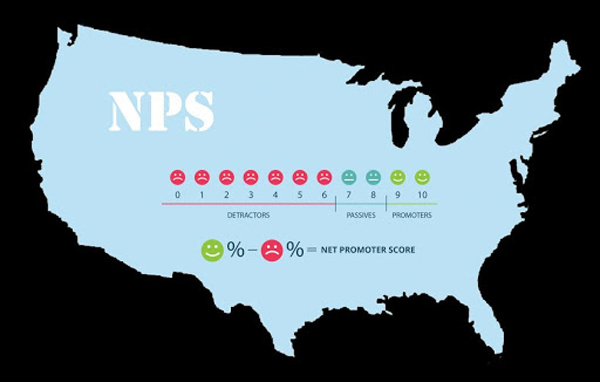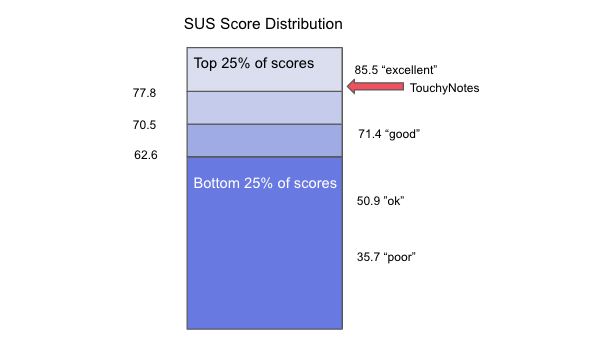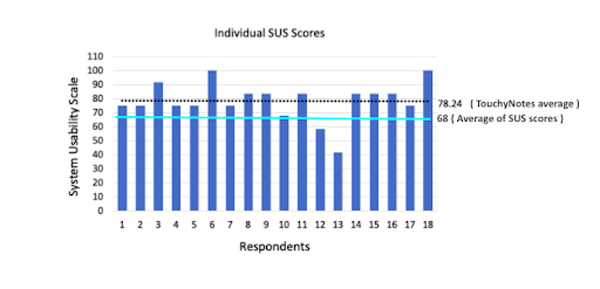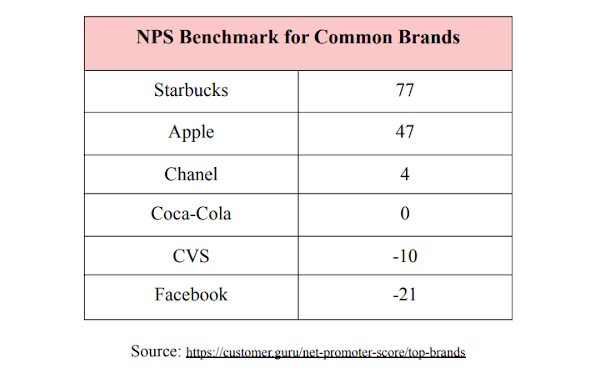

Bill Gates once said, "Your most unhappy customers are your greatest source of learning." Though this statement at first may seem contradictory, it exposes a battle with our habitual defensiveness. It is difficult for many to take harsh criticism and use it to benefit themselves or a company. There seems to be an encounter with an ego and a fear of failure that needs to be overcome. Bill Gates, a successful business mogul, knows that a company should put all customer's needs on the same playing field, not just those who rave about your product. Who knows? The harsh reviewer can hold the secret to your million-dollar company.
During this unprecedented global pandemic, there is more time spent on electronics and a heightened risk of a breach to cybersecurity. As TouchyNotes is designed for keeping documents, contacts, and notes secure, this app seems to be more functional than ever. Within recent years, there have been more breaches as well as larger impacts. Security breaches have increased by 11% since 2018 and 67% since 2014 (Accenture) and what is even more troubling is that by 2020, the estimated number of passwords used by humans and machines worldwide will grow to 300 billion (Cybersecurity Media). This vast increase of passwords puts more of a demand for cybersecurity to keep personal information in your hands instead of a hacker. It is only a matter of time until another company or person bites the dust.
We surveyed 18 individuals after a week of downloading and using our app to understand their feelings toward TouchyNotes as well as any improvements that could be made. With 94.4% of the respondents stating they are concerned about their cybersecurity; the app is proving to be functional with most society's concerns and demands. We then calculated the System Usability Scale (SUS) Score, Overall Satisfaction (CSAT), and Net Promoter Score (NPS) to understand user responses further.
The System Usability Scale is used to calculate how user-friendly the system is. The more user-friendly the system is, the more confident individuals feel using the system as well as a feeling that their needs are understood by the developer. Within our 18 individuals, the average SUS score is 78.23. This score is interpreted as a great usability score since it is above the 50th percentile of 68 which indicates that most people found that the app was convenient and easy-to-use.


The CSAT is used to calculate how content individuals feel with the overall experience with the application. The calculation is rather simple. Take all of the positive responses, divide it by the total number of responses, and multiply by 100%. If a user has a great experience with an application, he/she is more likely to come back which in turn increases app engagement and app retention. There were a total of 16 positive responses which would then divide over the 18 responses to produce a CSAT score of 88.88. This is a great score since 80% is used as a baseline for success. I do believe that over time this score would increase. For example, reviews from the App Store, demonstrate a CSAT score of 91.53 which includes people who use the app daily. The slight difference may indicate that over time the overall satisfaction increases. This can be explained by the Mere Exposure Effect. The Mere Exposure Effect states that people prefer things the more familiar they become with it.
The Net Promoter Score is another way to calculate customer loyalty. The calculation is done by taking the percent of promoters (those who rated 9-10) - the percent of detractors (those who rated 0-6). From this calculation, the TouchyNotes app scored a 5. This relatively low score can be due to one major factor. The population we surveyed was mostly Gen Z which has an average of 8 seconds of attention span while millennials have 12 seconds (Forbes). This means the directions we had may have been too long or not geared toward their understanding. If these individuals were not able to understand the concept of the app then the loyalty would not be high since their confidence in the product is low. We can learn from this and revise our directions to be quicker and easier to fit a bigger population.

Through our overall study, we scored high on usability and normal on loyalty for the time given as well as the population. Improvements can be made toward directions, so customers gain more confidence which in turn will reward the app with loyalty. Thank you to those 18 individuals that took the time to interact with the app and respond to the survey. Their time is very much appreciated.

Paulina Berestov